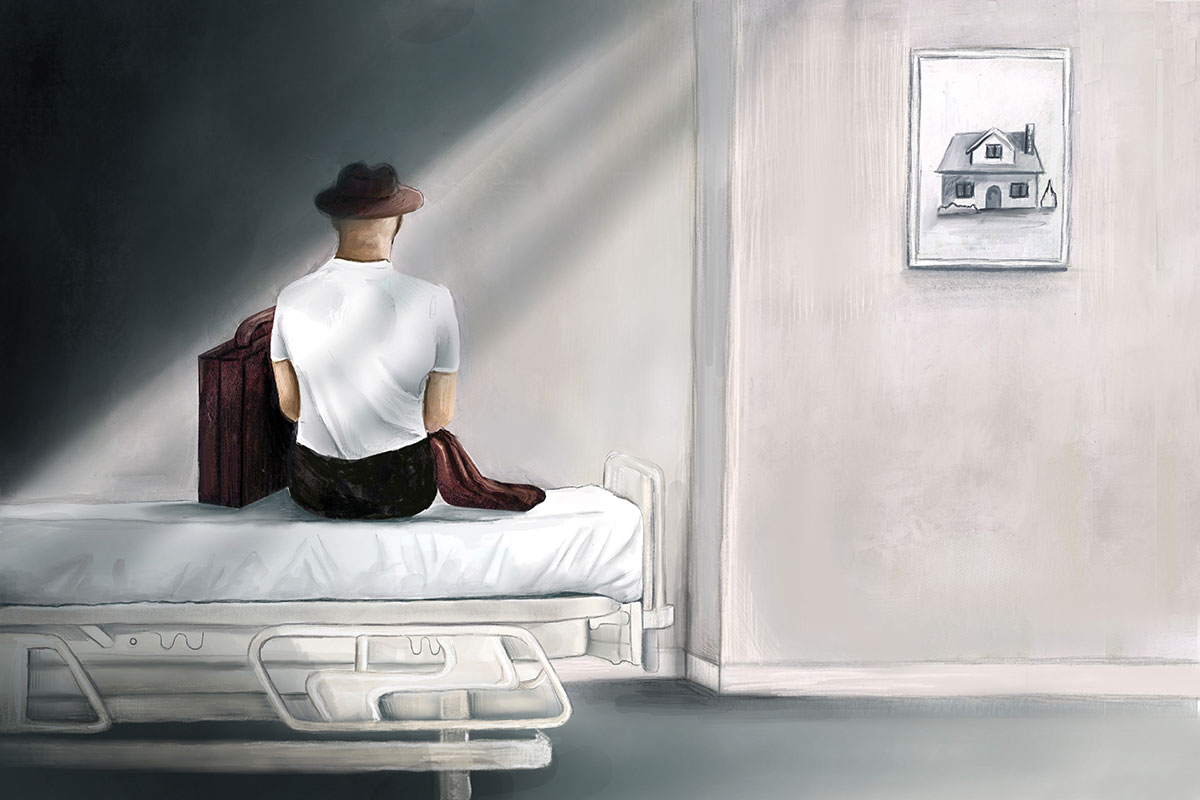You are viewing 1 of your 1 free articles
Union granted appeal in overnight care legal battle
A legal battle over pay for sleep-in care workers has been reopened after the Supreme Court granted a union the right to appeal the case.
Unison is arguing that care staff on sleep-in shifts should be paid at least hourly minimum wage rates, and that care providers should be made to back-pay £400m to overnight workers accordingly.
In July, Court of Appeal judges ruled that the minimum wage does not apply to sleep-in shifts unless the worker is “required to be awake for the purposes of working”, in favour of charity Mencap.
But the Supreme Court said on Wednesday that Unison had the right to appeal this judgement.
Care providers said the appeal would increase uncertainty for the sector, while Unison hailed the right to appeal as “excellent news”.
Matthew Wort, partner at Anthony Collins Solicitors, who acted on behalf of Care England in the Court of Appeal hearing, said: “Care providers are in urgent need of both consistency and clarity about sleep-in pay, but sadly the wait for a definitive final position on the issue is many months away.”
“In the meantime, we hope commissioners of sleep-in care will maintain payments to providers, enabling them to continue their current pay practice for sleep-ins.”
Jan Tregelles, chief executive of Mencap, said: “This plunges the care sector back into uncertainty and underlines the need for the government to legislate so the position is clear.
“For us, this was not about what we currently pay our dedicated support workers for sleep-ins – we pay National Living Wage rates and have no plans to stop.
“We did not want to bring this case, but had to because the prospect of having to make large unfunded back payments threatened to bankrupt many providers, jeopardising the care of vulnerable people and the employment of their carers.”
Dave Prentis, general secretary at Unison, said: “Care employees are working on sleep-in shifts so this time should be counted as working time.
“They aren’t free to come and go as they please and, as often the sole member of staff, they’re likely to be on their feet for much of the night.
“Any local authorities or care providers seeking to take advantage of the uncertainty of the current situation by cutting pay rates now are acting irresponsibly.
“Sleep-in shifts should continue to be treated as working time, and paid accordingly.”
Unison first took the case to an employment tribunal in 2016 on behalf of care worker Clare Tomlinson-Blake.
No date has yet been set for the Supreme Court appeal hearing, but Anthony Collins said it would not be until October at the earliest.
Update: at 17.18pm a previous version of this story stated that Anthony Collins had acted on behalf of Mencap. This has now been amended.











